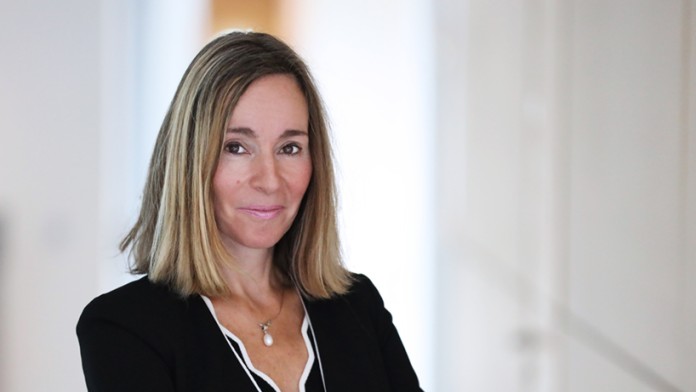Press Release from 2024-07-31 / Group, KfW Development Bank
70% less plastic waste in the ocean:
KfW supports the reduction of solid waste and the development of a circular economy in Indonesia with EUR 400 million
- Christiane Laibach: “An important contribution to ocean conservation – a compelling signal to other countries in Eastern and Southern Asia”
- For ocean conservation, climate change mitigation and biodiversity
- Private sector involvement
On behalf of the Federal Ministry for Economic Cooperation and Development (BMZ), KfW has signed an agreement with the Indonesian Ministry of Finance regarding a reform programme to reduce the amount of plastic waste entering the sea. This involves a loan of EUR 400 million.
In Indonesia, an estimated 620,000 tonnes of plastic waste end up in the ocean every year. The aim of the project is to contribute to reducing this quantity by 70% between 2017 and 2025 in accordance with an Indonesian action plan. It supports important structural reforms in the country to improve the general conditions for the waste sector – with a particular focus on optimised disposal systems for plastic waste. The aim is also to provide incentives for waste disposal, for example through an improved charging system or the sustainable operation of recycling points.
“We are supporting the Indonesian government as it makes an important contribution to ocean conservation. The world’s largest archipelago state, which has mobilised various donors to contribute a total of more than EUR 1 billion for marine protection as part of the Clean Oceans Initiative, among others, is sending a powerful signal here – as well as to other countries in Eastern and Southeast Asia,”
explained Christiane Laibach, Member of the Executive Board of KfW Group.
“Plastic pollution damages marine ecosystems, threatens coastal tourism and fisheries, and introduces microplastics into the food chain. The oceans are of fundamental importance for the climate and biodiversity. They are a food resource for around two billion people.”
An essential element of the reform programme is the development of a circular economy, where materials and products are reused, repaired, refurbished and recycled for as long as possible. Manufacturers should reduce the amount of plastic they produce. Products made of single-use plastic along with the actual use of single-use plastics should be restricted.
The municipalities responsible for waste management will be supported in improving waste management. What is new is that municipalities will be allowed to keep their own waste collection charges and use them to improve waste management. In coastal areas, sparsely populated communities that generally lack resources will also benefit from support measures during implementation.
Indonesia wants to involve the private sector in waste prevention strategies and in the financing of the system in the future. This approach will provide manufacturers the incentive to recycle more and use or reduce environmentally friendly packaging materials.
The project, which KfW is implementing in close cooperation with the Asian Development Bank ADB and the Agence Française de Développement (AFD), is part of the Clean Oceans Initiative founded in 2018 by KfW, the European Investment Bank (EIB) and the AFD.
Use this link to find out more: A dossier about plastic waste and innovative approaches to avoid or recycle it | KfW Stories
Link to KfW Photo Archive


Share page
To share the content of this page with your network, click on one of the icons below.
Note on data protection: When you share content, your personal data is transferred to the selected network.
Data protection
Alternatively, you can also copy the short link: https://www.kfw.de/s/enkBbm2w.DHKA
Copy link Link copied